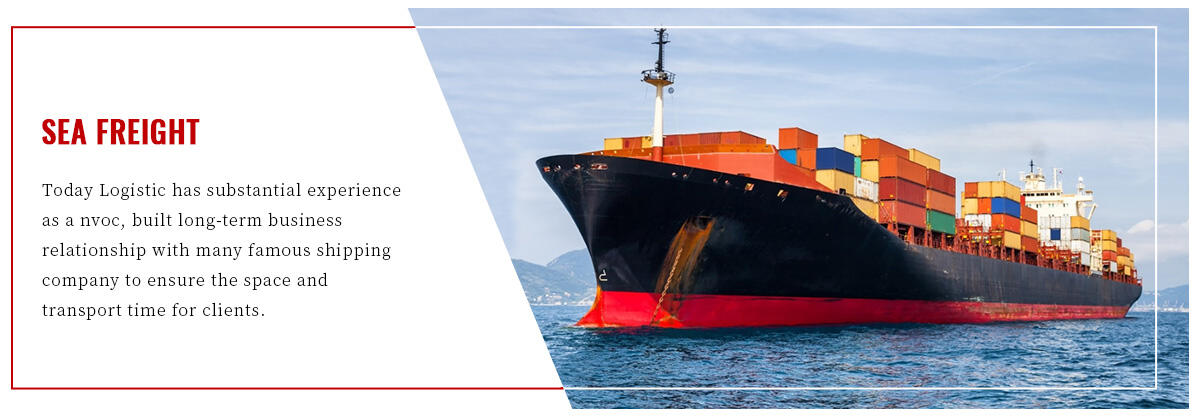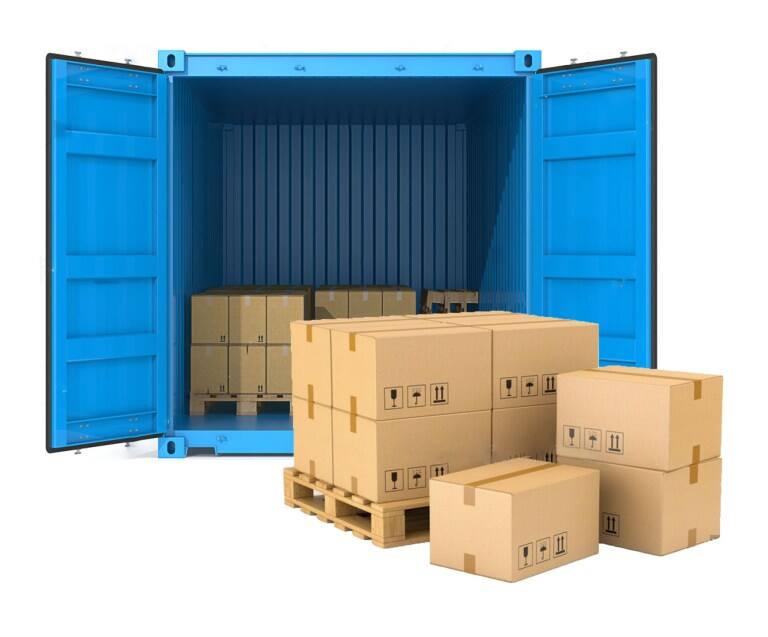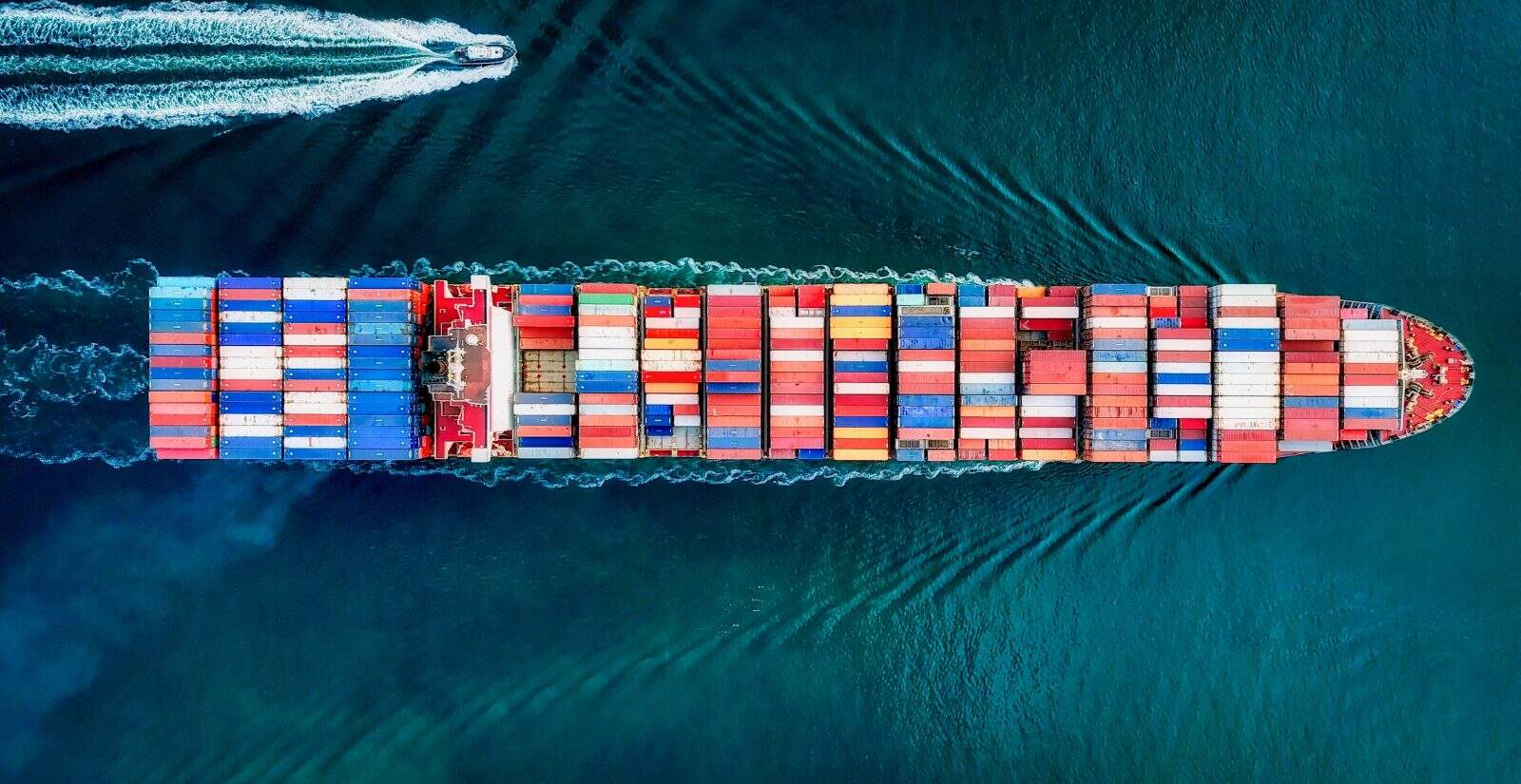ocean container shipping
Ocean container shipping stands as the backbone of global trade, providing a standardized and efficient method for transporting goods across international waters. This sophisticated logistics system utilizes intermodal containers, which are large standardized boxes designed to move seamlessly between ships, trucks, and trains. These containers come in various sizes, with the most common being 20-foot and 40-foot units, capable of carrying virtually any type of cargo from raw materials to finished products. Modern container vessels can transport thousands of containers simultaneously, utilizing advanced tracking systems and automated loading equipment to ensure efficient handling and delivery. The industry employs cutting-edge technology for route optimization, weather monitoring, and real-time cargo tracking, allowing shippers to maintain visibility of their goods throughout the journey. Environmental considerations have led to the development of more fuel-efficient vessels and the implementation of cleaner fuel standards. The system's infrastructure includes specialized ports with gantry cranes, automated terminal operations, and sophisticated logistics networks that ensure smooth container movement from origin to destination.


